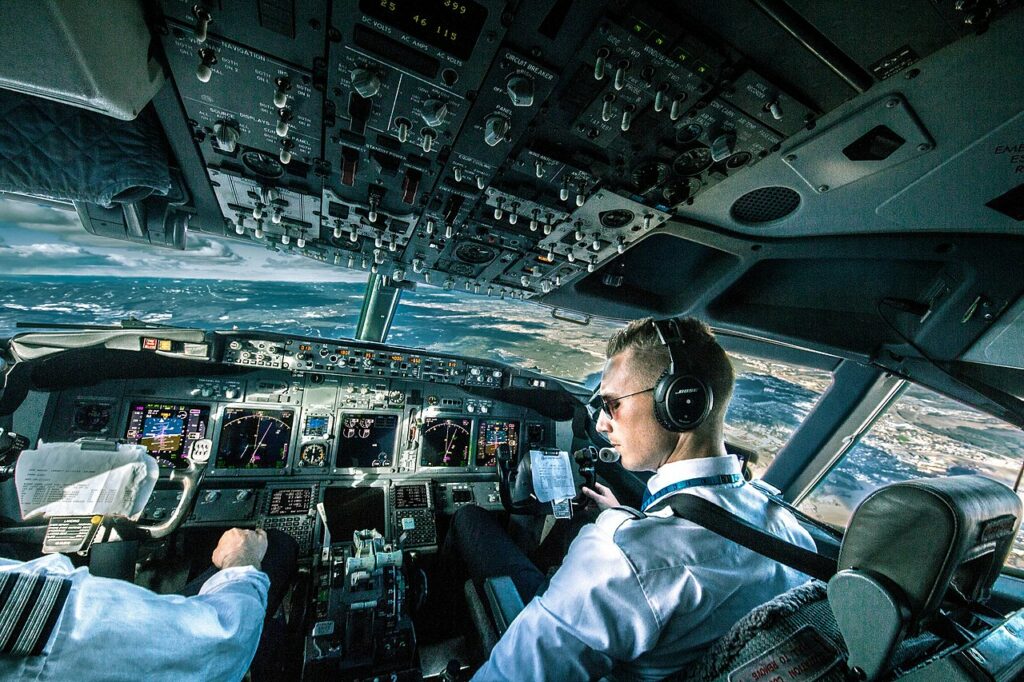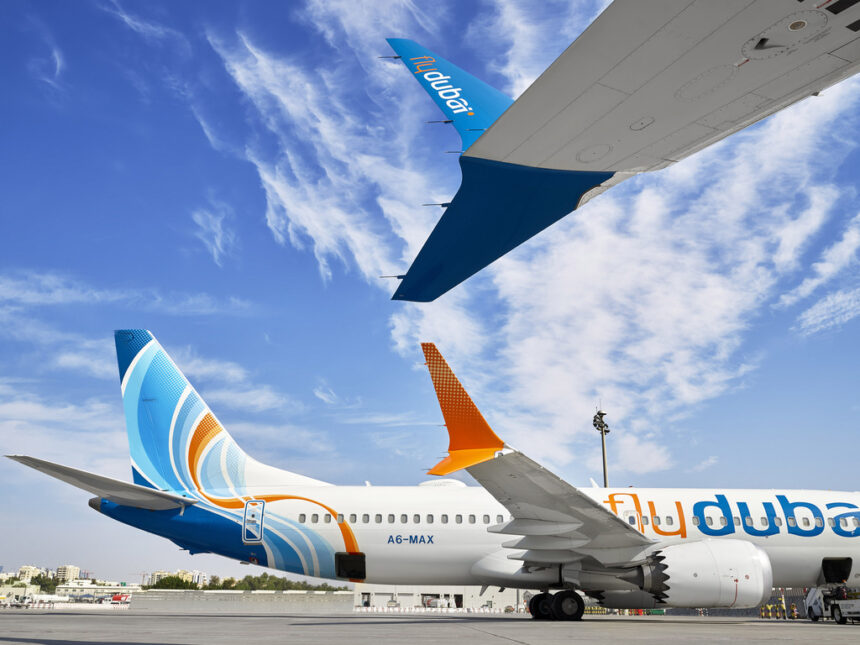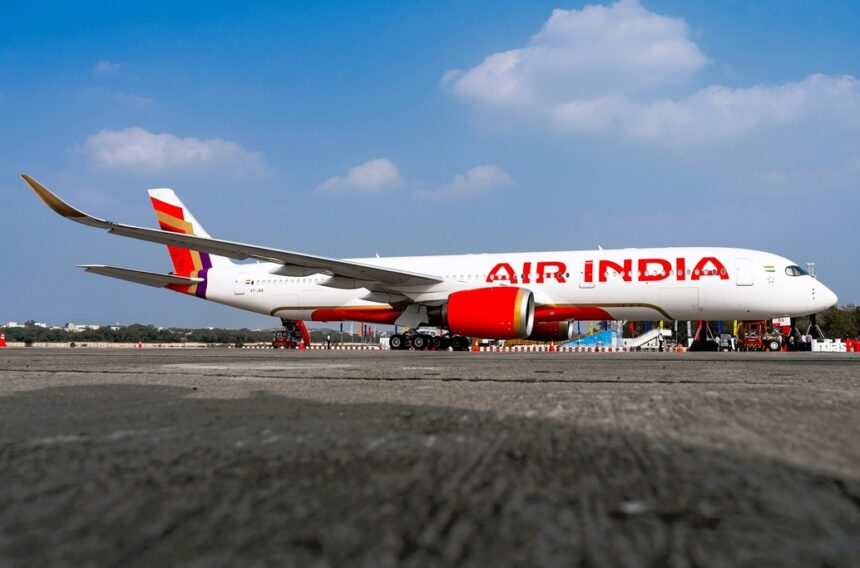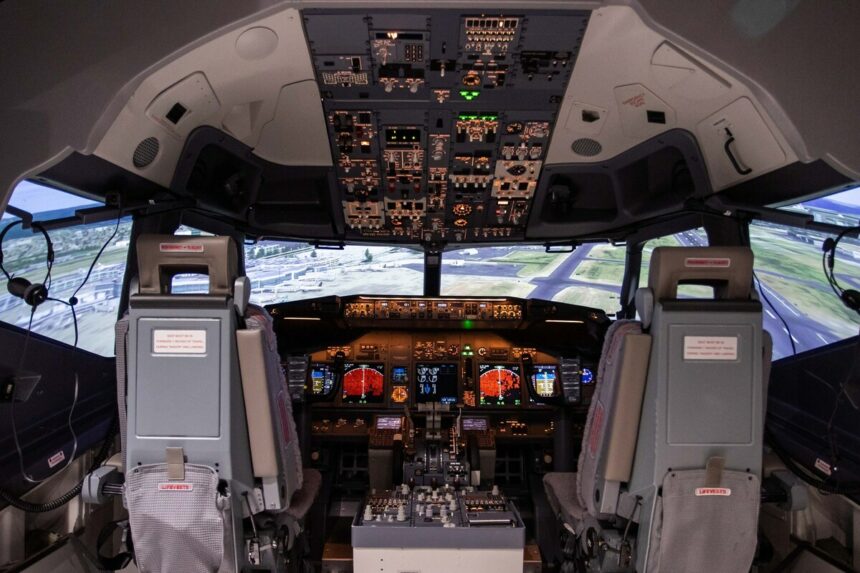The National Transportation Safety Board (NTSB) has again called on the Federal Aviation Administration (FAA) to retrofit cockpit voice recorder equipment capable of recording 25 hours of audio, instead of the current standard of two hours.
Specifically, the scope of the NTSB’s retrofit initiative would encompass all existing airplanes that require a cockpit voice recorder and a flight data recorder, to be retrofitted with devices with 25-hour recording capability.
Understanding the Need for Extended Recording
The NTSB plays a key role in analyzing accidents and implementing measures to prevent future mishaps. One of the key tools at their disposal is the Cockpit Voice Recorder (CVR), which captures crucial audio data during flights.
However, recent incidents have highlighted the limitations of the current two-hour recording standard, prompting the NTSB to advocate for an extension to 25 hours.
The necessity for longer recording durations became apparent following an Alaska Airlines accident on January 5th. Despite the presence of a CVR, critical audio data was lost due to overwrite, hindering the investigation process.
This isn’t an isolated incident, as at least 14 NTSB investigations since 2018 have been impeded by overwritten CVR data.
[monsterinsights_popular_posts_inline]


These recordings offer invaluable insights into flight crew responses during emergencies, aiding in the identification of safety issues and the formulation of preventive measures.
FAA Response and Challenges Ahead
While the FAA has proposed aligning with international standards by mandating 25-hour CVRs for newly manufactured aircraft, the issue remains unresolved for existing fleets.
The NTSB contends that retrofitting older airplanes is imperative for comprehensive safety measures, dismissing concerns about cost feasibility.
With approximately 13,500 aircraft requiring retrofitting, the expense is deemed manageable compared to the potential safety benefits.
Recommendations for Enhanced Safety
In light of these challenges, the NTSB has put forth specific recommendations to the FAA. Firstly, all newly manufactured airplanes should be equipped with 25-hour CVRs, ensuring consistent recording capabilities across the industry.
Additionally, a deadline of January 1, 2024, has been proposed for retrofitting existing CVRs on airplanes equipped with both CVRs and flight data recorders.

This proactive approach aims to bolster accident investigations by providing a more extensive dataset for analysis.
Importance of Comprehensive Data
Tim LeBaron, the director of the NTSB’s Office of Aviation Safety, emphasizes the critical role of CVRs in accident investigations.
“CVRs are among the most valuable tools for accident investigation because they provide contemporaneous information on flight crew intentions and coordination as well other factors, such as procedural compliance, workload, fatigue, and situational awareness,” he said.
Beyond capturing flight crew communications, CVRs offer insights into factors such as procedural adherence, workload management, fatigue, and situational awareness.
By extending recording times to 25 hours, investigators gain access to a broader spectrum of information, enabling more thorough analyses and targeted safety recommendations.
Read NTSB’s full comments to the FAA’s NPRM.

Click the banner to subscribe to our weekly newsleter.

Click the photo to join our WhatsApp channel so then you can stay up to date with everything going on in the aviation industry!









